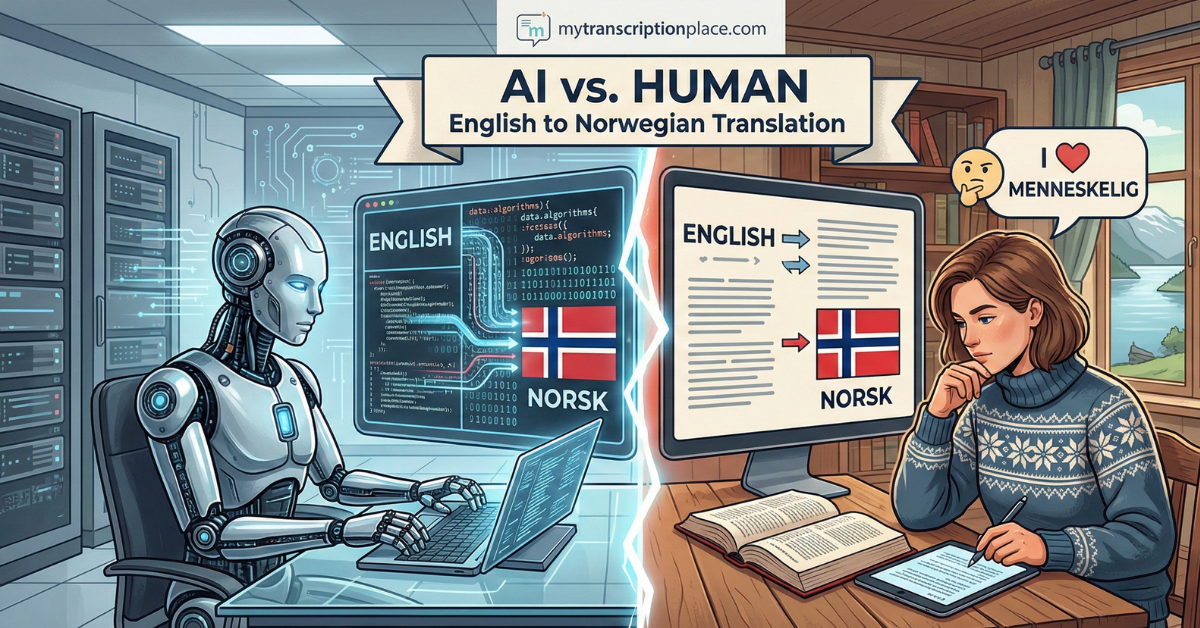Why Businesses Need Professional Chinese Translation Services in 2025
Sep 11, 2025, Nishi SinghImagine launching your exciting new tech product. The marketing is slick, the website is flawless, and the buzz is building. You decide to enter the Chinese market, a landscape brimming with over a billion potential customers. You run your marketing copy through a free online translator, hit "publish," and wait for the sales to roll in. Instead, you get silence, or worse, social media ridicule. Why? Because your clever slogan "Next-Gen Performance" was translated into something meaning "Future Incompetence."
This isn't just a hypothetical blunder. It’s a costly mistake countless businesses make when they underestimate the complexities of the Chinese language. As we move through 2025, the global marketplace is more interconnected than ever, and China remains a powerhouse of economic activity. Tapping into this market is no longer optional for ambitious companies; it's essential. But success hinges on one critical element: clear, accurate, and culturally resonant communication, which is only achievable through professional Chinese translation.
This post explores why cutting corners with translation is a risk you can't afford to take and how expert Chinese language services are the key to unlocking real growth.
Beyond Words: The High Stakes of Cultural Nuance
Translation is far more than swapping words from one language to another. True translation captures intent, tone, and cultural context. The Chinese language, with its vast system of characters, regional dialects like Mandarin and Cantonese, and deep cultural traditions, presents a unique set of challenges.
Consider the simple act of choosing a brand name. In the West, a name might be chosen for its sound or modern feel. In China, the characters used for that name carry significant meaning. Luxury car brand Mercedes-Benz found great success with its Chinese name, "Bēnchí" (奔驰), which translates to "dashing speed," perfectly aligning with its brand image. On the other hand, when KFC first entered China, its famous "finger-lickin' good" slogan was infamously translated to "eat your fingers off." It took a professional team to correct the message and salvage the campaign.
These examples highlight a core truth: without a deep understanding of the local culture, even the most well-intentioned business Chinese translation can fail spectacularly, leading to brand damage, legal issues, and lost revenue.
The Pitfalls of Machine Translation for Business
Automated translation tools have come a long way. They are fantastic for getting the general gist of a foreign news article or a simple email. However, relying on them for your business is like asking a robot to negotiate a multi-million dollar deal. It lacks the finesse, strategic thinking, and emotional intelligence required for success.
Here’s where machines fall short:
- Lack of Context: A single word can have dozens of meanings. An algorithm can't understand the specific context of your industry, your brand voice, or your target audience. A professional human translator does.
- Cultural Blind Spots: Idioms, humor, and cultural references rarely translate directly. An automated tool might produce a literal, nonsensical, or even offensive translation.
- Inability to Handle Complexity: Legal contracts, technical manuals, and medical documents require absolute precision. A small error in a professional Chinese translation of a patent application, for instance, could render it invalid.
- Brand Voice Dilution: Your brand has a unique personality. Is it formal, witty, or inspirational? Machine translation flattens this voice into a generic, robotic tone, severing the connection you’ve worked so hard to build with your customers.
For any serious enterprise, using free online tools for customer-facing content isn't a cost-saving measure; it's a declaration that you don't value the market you're trying to reach.
Where Professional Chinese Translation Services Make a Difference
Engaging expert translation services for businesses is an investment in your brand's global future. It’s about building bridges, not just translating text. A dedicated team of linguists provides value that goes far beyond simple word conversion.
1. Marketing and E-commerce Localization
To sell effectively in China, you need more than a translated website. You need localization. This involves adapting everything from your product descriptions and ad copy to your imagery and payment options to fit local expectations. A professional service will ensure your message resonates with Chinese consumers on platforms like WeChat, Weibo, and Tmall, using language that feels natural and persuasive. They will help you navigate cultural sensitivities and consumer trends, ensuring your brand feels local, not foreign.
2. Legal and Official Documentation
The Chinese legal system is intricate, and the language used in contracts, compliance documents, and patents must be exact. There is no room for ambiguity. A certified legal translator specializing in Chinese law can prevent costly misunderstandings and ensure your business operations are fully compliant. This is one area where the ROI of Chinese translation services is immediate and undeniable.
3. Technical and Manufacturing Manuals
China is a global manufacturing hub. If you work with partners or have operations there, clear communication is paramount for safety and efficiency. A single mistranslated instruction in a technical manual could lead to equipment damage, production delays, or workplace accidents. Professional translators with subject matter expertise in engineering or manufacturing ensure that every specification is conveyed with perfect accuracy.
The Future is Connected: Why 2025 is a Pivotal Year
The digital economy has erased borders, but it hasn't erased cultural and linguistic differences. As Western markets become more saturated, the opportunities for growth in Asia, particularly China, are immense. The Chinese middle class continues to expand, with a strong appetite for international goods and services.
In 2025, businesses that succeed will be those that communicate with authenticity. They will be the ones who invest in understanding their customers on a deeper level. This isn't achieved through algorithms or shortcuts. It's achieved through human expertise, cultural empathy, and a genuine commitment to clear communication.
Investing in professional Chinese translation is no longer a luxury; it's a fundamental pillar of a successful global business strategy. It’s the difference between being seen as a respected partner and a clumsy outsider.
Choosing the right partner for your translation needs is crucial. You need a team that combines linguistic expertise with industry knowledge and a commitment to quality. For companies looking to navigate the complexities of the global market with confidence, myTranscriptionPlace is a trusted leader in translation services, helping businesses connect with audiences around the world.






